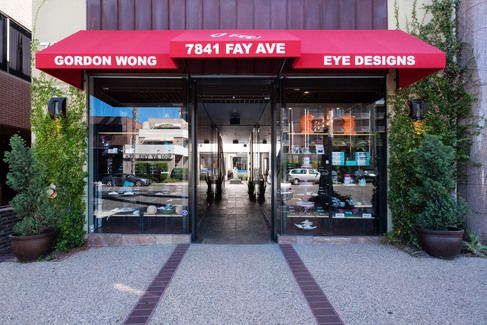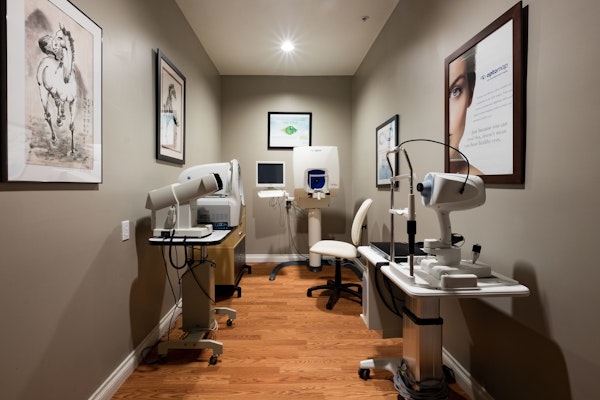Dealing with Spring Eye Allergies
 If you’ve been dealing with dry, red, watery, itchy eyes for the last month, you are not alone. Millions of Americans suffer from some degree and some type of springtime allergies. When allergies affect the eyes, it can be particularly annoying for patients.
If you’ve been dealing with dry, red, watery, itchy eyes for the last month, you are not alone. Millions of Americans suffer from some degree and some type of springtime allergies. When allergies affect the eyes, it can be particularly annoying for patients.
At Gordon Wong Eye Designs & Optometry, Dr. Gordon Wong and Dr. Wildon Wong can help patients prevent and treat their eye allergies. Dry eye treatment is often recommended to patients that suffer from eye allergies. To learn more about eye allergy treatment, contact our La Jolla, CA practice today.
Why Do I Develop Eye Allergy Symptoms in the Spring?
Springtime eye allergies are caused by an increase of pollen in the air. During spring, new flowers, trees, weeds, and grass are growing. The plants release pollen, an allergen that comes into contact with eyes, causing them to release histamines. The blood vessels in the eyes then begin to leak, and the eyes become itchy, red, and watery.
How Can I Reduce Eye Allergy Symptoms?
To prevent or minimize your eye allergy symptoms, you can avoid pollen as much as possible. Close the windows if there is a lot of pollen in the air. Stay indoors if you can, or wear glasses or sunglasses when outside.
You can also check the local weather online to get the pollen count and allergy info for the day. If the pollen count is high, you may want to close the windows in your home and stay inside for the day.
How Do I Treat My Eye Allergies?
Treatment of eye allergies often includes the use of allergy medication or eye drops, or lubricating eye drops. An over-the-counter anti-histamine pill may reduce your symptoms.
Many patients find relief in allergy eye drops, which can be applied to reduce histamine in the eyes and minimize any itching and redness. If your allergies are causing the eyes to feel dry, you may want to try artificial tears to lubricate them.
If you gave in to the intense urge to itch your eyes, you may have swelling around the eyes. Applying ice or cold under eye strips can address the swelling and also reduce itching.
I Can’t Wear My Contact Lenses When I Have Eye Allergies
Many patients say that they can’t wear their contact lenses when they are suffering from eye allergies. Contact lenses can exacerbate the symptoms of eye allergies, and if patients itch the eyes, the lenses can become dislodged.
Instead, patients must rely on eyeglasses for clear vision. When patients dislike the way they look or just don’t like having to wear a visual aid, it can make eye allergies even more of pain.
These patients may be good candidates for LASIK or PRK surgery. These procedures correct the visual abnormalities that cause nearsightedness, farsightedness, and astigmatism. As a result, patients don’t have to wear contact lenses or glasses at all to see clearly.
However, since LASIK and PRK are surgical procedures, patients can’t touch the eyes at all in the weeks after surgery because of the risk of infection. For this reason, we recommend that patients undergo these surgeries during a season in which they don’t have eye allergies.
To schedule an eye exam at our practice, contact Gordon Wong Eye Designs & Optometry today.







